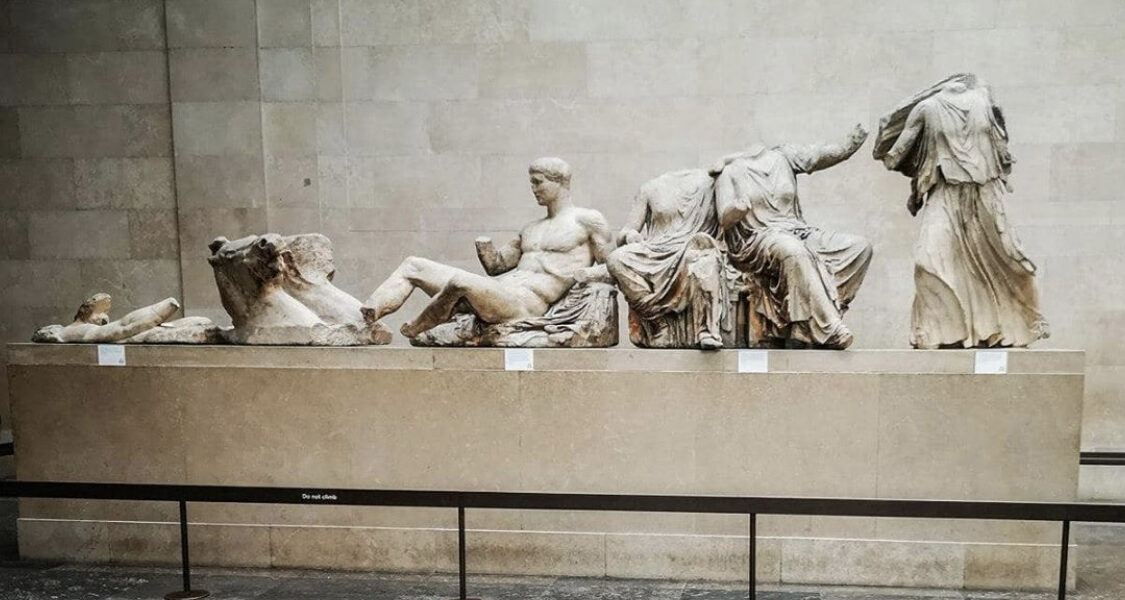A longstanding cultural controversy has resurfaced following remarks by a Turkish official questioning the validity of evidence used by Britain to justify its possession of the Parthenon Marbles, ancient sculptures taken from the Acropolis in Athens over two centuries ago.
Greece's culture minister hailed these comments, made during a UNESCO meeting in Paris, as supportive of Greece's claim that the sculptures were unlawfully removed from the Parthenon temple and should be repatriated.
Known by the British as the Elgin Marbles, these antiquities were removed in the early 19th century by Lord Elgin, Britain's ambassador to the Ottoman Empire, which then ruled Greece. Despite Greece's ongoing campaign for their return, they are currently housed in the British Museum in London.
The British Museum contends that Lord Elgin obtained permission from Ottoman authorities through an imperial edict, known as a "firman," to remove the sculptures legally. However, Zeynep Boz, head of the Turkish Culture Ministry's anti-smuggling committee, refuted this claim, stating that no such document has been located in Ottoman archives.
As the successor to the Ottoman Empire, Turkey would hold any relevant historical documents, yet Boz emphasized that extensive searches have failed to uncover evidence supporting Britain's assertion of legal acquisition.
This revelation challenges the foundation of Britain's possession of the Marbles and reinforces Greece's argument for their restitution. While diplomatic tensions between Greece and Turkey persist, both nations advocate for the return of cultural artifacts removed from their territories.
Greek Culture Minister Lina Mendoni welcomed Boz's remarks, affirming that they align with Greece's position that Lord Elgin's actions were unauthorized.
“There never was an Ottoman ‘firman’ granting Elgin the permission to treat the Parthenon Sculptures with the brutality with which he did,” Mendoni said Tuesday. “Turkey’s representative (at the UNESCO meeting) confirmed what the Greek side has been arguing for years. That there was no ‘firman’.”
Mendoni said Greece remained “open to dialogue” and would continue its efforts for the return of the sculptures, which have a place set aside for them in the Acropolis Museum in Athens.
Despite legal constraints preventing the British Museum from permanently relinquishing the sculptures, discussions between museum officials and Greek authorities regarding a potential compromise have occurred. However, previous diplomatic discord has hindered progress in resolving the dispute.
The British Museum reiterated its willingness to engage in a "Parthenon partnership" with Greece to address the issue, emphasizing its commitment to fostering understanding and collaboration concerning the Parthenon Sculptures.


